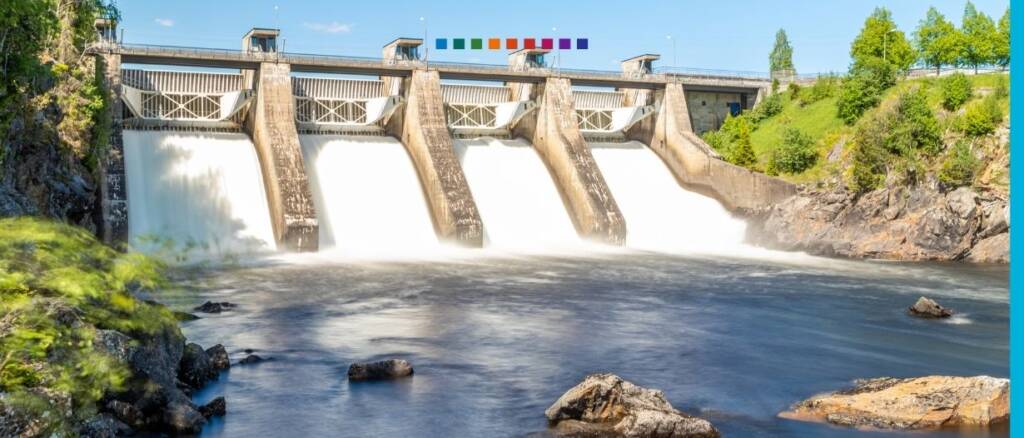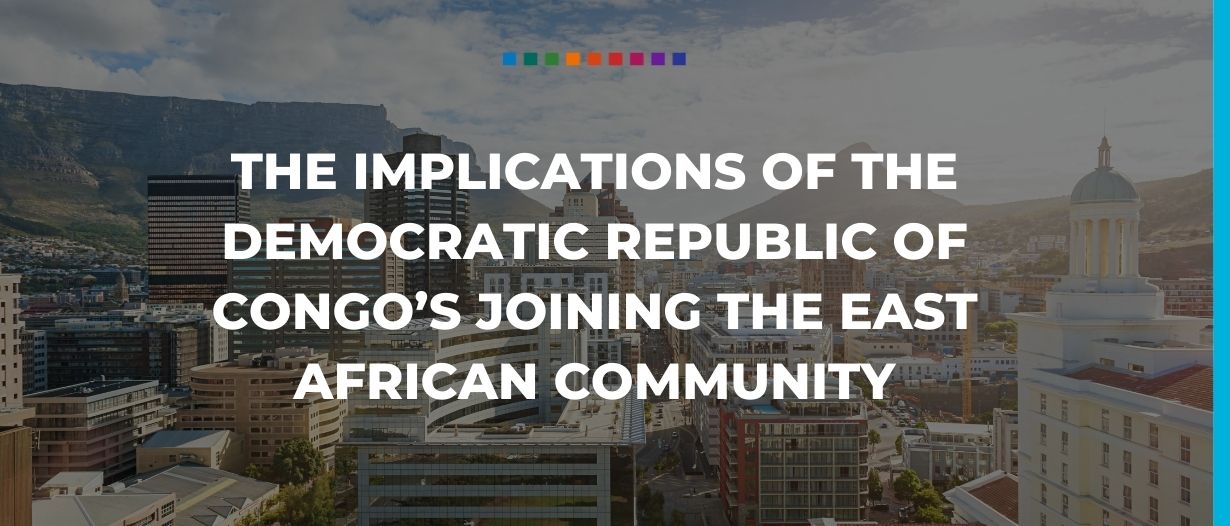The Democratic Republic of Congo (DRC) was admitted as the newest member of the East African Community (EAC) following the recommendation by the council of Ministers at the 19th Ordinary Summit held on 29 March 2022.
During the Summit, Kenya’s President H E Uhuru Kenyatta informed the meeting that the DRC had met all the criteria for admission into the EAC as provided for in the community’s establishing treaty.
Admitting the DRC, which is the fourth-largest country in Africa by population (95 million) and shares a border with 5 of the 6 EAC partner states (Burundi, Rwanda, South Sudan, Tanzania, and Uganda), into the EAC makes economic, social, and political sense.
This signifies wider market access for the rest of the EAC partner states which will boost intra-regional trade in the long run.
The DRC is also a member of other regional groupings in Africa such as the Common Market for Eastern and Southern Africa (COMESA), the Southern African Development Community (SADC), and the Economic Community of Central African States (ECCAS).
According to the World Bank, although DRC is resource-rich with large supplies of copper, cobalt, and gold, as well as the world’s second-largest rainforest, its people remain relatively poor.
The country is home to the world’s third-largest population of poor people globally – a situation that was only exacerbated by the COVID-19 pandemic pushing more people into poverty.
The Sida multidimensional poverty report in 2018 concluded that the DRC did not show any indicators of addressing the inequalities that exist.
Moreover, the DRC exhibited diminishing democratic space and a lack of respect for human rights as factors for poverty and conflict, according to the report.
The roots and resources of the EAC
Kenya, Tanzania, and Uganda – the original EAC members – have enjoyed a long road of cooperation starting with the customs union between Kenya and Uganda in 1917.
In 1927 the bloc expanded to include Tanganyika – a historical East African state that merged with Zanzibar in 1964 to form modern-day Tanzania.
However, in 1977, the arrangement was dissolved due to disagreements between the three countries – but because of their continued need for cooperation, the three countries signed a number of agreements such as the 1993 tripartite agreement for the establishment of the Permanent Tripartite Commission for East African Co-operation.
On 30 November 1999, the treaty to establish the East African Community was signed in Arusha and it entered into force on 7 July 2000.
Regarding regional integration, the EAC is the most advanced regional bloc in Africa, having established a customs union in 2005 and a common market in 2010.
The East African Community now consists of 7 partner states (Burundi, Democratic Republic of Congo, Kenya, Rwanda, South Sudan, Tanzania, and Uganda) and is working towards establishing a monetary union by 2024.
The EAC is endowed with natural resources such as oil and gas, fertile land, and water bodies such as Lake Victoria and Lake Tanganyika.

Benefits for the DRC of joining the EAC
There are several benefits to the DRC of joining the EAC, including stronger market access, increased infrastructure development, and enhanced security.
Stronger market access
By joining the EAC, the DRC will have access to a wider market.
As a result of the DRC’s large relative population, there is a potential market for goods and services coming into DRC from other EAC countries and also new markets into which DRC traders can sell their goods and services.
However, the DRC’s high poverty levels according to the World Bank Poverty and Equity Brief of 2019 may create challenges for expansion – although extreme poverty has been declining in the region.
Nonetheless, there is potential for investments in the DRC in sectors such as mining, hydroelectric power, and infrastructure.

Infrastructure development in DRC and beyond
Infrastructural development plays a crucial role in trade growth and facilitates regional integration.
The EAC has partnered with various development agencies and other regional blocs in order to develop infrastructure.
For example, the tripartite collaboration between COMESA, EAC, and SADC is ongoing for roads, railways, civil aviation, and the communication sector.
Price Waterhouse Coopers (PwC) noted that the DRC is one of the most difficult places to do business due to the poor transport infrastructure, which is a big impediment to economic growth.
Therefore, the DRC might be in a position to gain from collaborations as part of the EAC.
This is because leveraging the available resources and creating trade relations with the various EAC countries will require the partner states to develop shared infrastructure in order to foster economic development.
This same infrastructure can help to ease the procedural burdens for global firms doing business in DRC.
Enhanced security
Another issue traditionally faced by the DRC that is likely to be aided by participation in the EAC is that of security.
DRC has suffered a number of civil wars the effects of which usually spill over to neighbouring countries such as Uganda and Rwanda.
Notable is the first Congo war in 1996 and the second from 1998 to 2003.
The DRC has suffered from continued violence due to armed groups in the eastern part of the country such as the Allied Democratic Forces (ADF) a militia group from Uganda that continues to terrorise the DRC citizens.
President Uhuru Kenyatta called on the armed groups in DRC to lay down their weapons and work with President Felix Tshisekedi in order to bring peace to DRC.
On 22 April 2022, in Nairobi, the EAC partner states agreed to establish a regional force to curb the unrest in Congo.
However, the situation in the eastern part of DRC is getting worse by the day and fresh fighting has broken out with the M23 rebels.
The escalation of conflict in the eastern part of DRC does impact growth potential by displacing citizens, affecting trade, and destroying the available infrastructure.
During the third EAC heads of state conclave on inter-Congolese dialogue to discuss peace and security in DRC, the EAC heads of state ordered the deployment of the EAC regional force to DRC.
The promotion of peace in both the DRC and South Sudan will bring massive benefits to the region and is now something that other EAC nations have a vested interest in promoting.





























